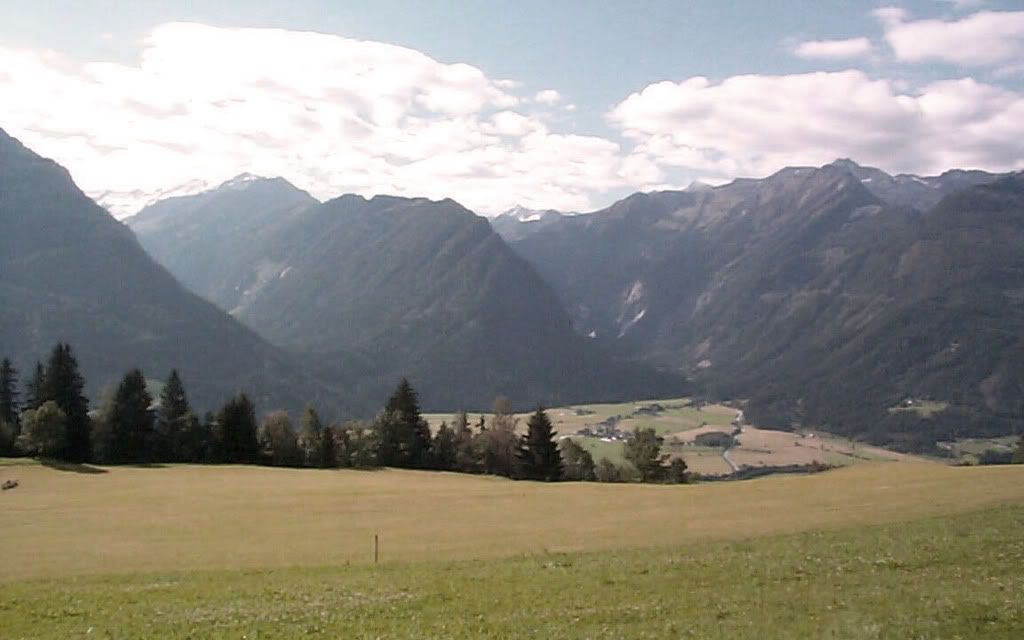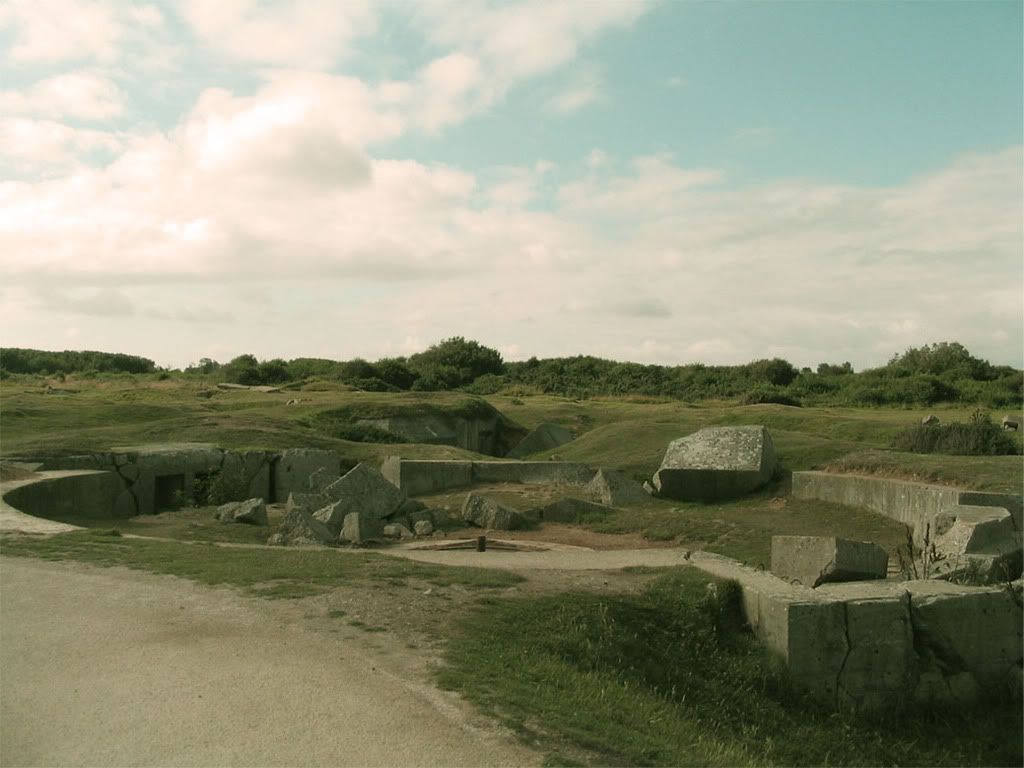Chapter I: Part V
Chapter I: The Hammerblow
Part V
January 6, 1936
In a wooden hut on the forested slopes outside Sulzau, Austria, Albert Lössner warmed his hands over an ancient potbelly stove. It was an hour past dawn, but there was a fresh coat of snow over the mountainside, and it was no warmer than during the night.
He had found the hut in the first hours of the new year, staggering exhausted down the mountain toward its lighted windows. Within minutes of the attack, all egress from Berchtesgaden had been sealed by the SS, forcing Lössner to flee overland, crossing into Austria on foot. On a mountaintop he stopped to look back across the border into the darkened valley. He fancied that he heard frantic whistles and baying dogs somewhere below him, but in the stillness he knew it could just as easily have been the buzz of blood pumping in his own head.
He had said a silent prayer for the souls of his victims, and turned back up the slope. He had not looked back into Germany since.
When he reached the hut on the other side of the mountain, Lössner was almost too weak to stand.
It was a full minute before the door swung open, revealing a gnarled old man not taller than Lössner’s eleven year old daughter. Lössner had begged his help, telling the man that he had been in an automobile accident on a mountain road. The man had waved him in.
The interior was sparsely furnished, with several pieces of rotting wooden furniture covered in filthy woolen blankets. By kerosene lamplight, Lössner could see that the man’s eyes were thickly filmed over. He was almost blind. When he had understood that his visitor was injured, he had boiled water and set about bandaging the gash that split Lössner’s temple. Few words had passed between them before Lössner drifted into a deep sleep on the man’s rocking chair.
The next morning he had awakened to find the old man already making tea, which he offered to his guest. Conversation over the bitter tea was an opportunity to learn something of the man and the hamlet in the valley below. Despite considerable recalcitrance, Lössner was able to gather that the man’s name was Jakob. He was a widower who sustained himself by subsistence farming, and occasionally worked in the village of Sulzau.
“Do you have a radio?” Lössner had asked.
“Never have. Don’t need anything it has to say.”
Lössner desperately sought news from Germany. Who had taken Hitler’s place? Had the government fallen? What had become of Fröhlich and the others? He had not thought of them since they had scattered into the woods around the Berghof. When he had found the road to their rendezvous guarded, he had simply fled up the mountains. He prayed that they had lived.
The following day, Lössner had taken his leave of his host and climbed down the slope to Sulzau. On the outskirts of the town he froze -- green-uniformed policemen were present in large numbers. He had returned to Jakob immediately, resolved to stay in the mountains until it was safe to pass into Austria.
Lössner had been relieved that the old man seemed not to find anything strange about his return. He had stayed four more nights, deciding on the night of January fifth to return to Sulzau the next morning.
Sulzau and the surrounding valley.
Now, warming himself before descending the snowy mountain, Lössner planned his flight to safety. It was plain that the Austrian government would cooperate significantly with German efforts to capture him. From Sulzau, he would have to attempt to reach the Swiss border by bus. By then, he knew, he would be armed with information about the situation in Germany.
Lössner gingerly peeled the makeshift dressing off his temple so as not to attract attention in the village. His hair would conceal most of the gash. He took off his blood-stained suit jacket. His beard had grown in almost fully, but there was no razor.
Jakob had already gone out of the hut for the morning, so Lössner slipped away down the slope without a word. When he reached Sulzau, it was nearly nine. The village was now free of police, and there were few people moving between the quaint little buildings. He made for a building whose sign proclaimed it to be a barbershop.
Within, he found four men: a mustachioed man in a smock who was evidently the
Klaus Mühlinghaus, Barber to whom the sign referred, two older men whose faces were still covered by hot lather, and a younger blond man dressed in city clothes. They all turned to face Lössner. There was an uncomfortable silence.
The barber laughed heartily. “What can I do for you my friend?”
Lössner froze. He simply could not bring himself to ask his many questions straight away. “A lather and shave, if you please.”
Lössner took a seat next to the blond man, awaiting his shave. The others resumed their discussion.
The smaller of the two older men was insistent. “The radio was very clear about it. The SS killed all of the attackers.”
“If they did,” argued the barber, “why have they put out these police notices?”
The larger, jowlier older man waved his fist in the air. “I’m telling you, this man was probably an inside man for them.”
“Well I,” said the barber, “cannot see the use in all this for someone who hadn’t even been there.”
The blond man remained silent.
Lössner could no longer contain his curiosity. He would ask them for news of the man the Reinickendorf Circle believed would attempt to seize power after Hitler was killed. “What of Herr Himmler lately?”
The barber laughed again. “Whatever do you mean? Probably being kicked around by his Führer as usual.”
“Führer?” Lössner noticed the blond man eyeing him impassively.
“Of course. Who else?”
Lössner could not believe that he had understood the man correctly. “Who is the Führer now?”
The smaller man cackled. “I’m sure Himmler wishes that it was he that was Führer now. I’m sure
Himmler wishes that Hitler had been killed.”
It was a truth too shattering to accept. He had seen the bodies with his own eyes -- lying in their own blood. He had lit the bomb himself, and checked to ensure that the fuse was working. To have survived that would have been impossible.
The jowly man -- jowls now shaven smooth as a baby’s flesh -- was waving his fist with another theory. “Himmler is behind all this, I’m telling you. They’re probably looking for this Albert Lössbach character so they can kill him before he rats on old Heinrich!”
The barber beckoned a stunned Lössner into the chair as he turned to talk sense into his client. “It cannot be Himmler, Otto! The newspaper said that he was an insane-person who had been sacked as a professor. Even Himmler would never trust such a man. Find the article on it, would you.”
As Lössner mentally reeled, he saw the large Otto rummage through a stack of newspapers on a table and produce the article. He held it up so each man could see. It was an Austrian newspaper, but the article was reprinted from an initial release in the
Völkischer Beobachter. There was a large picture of a clean-shaven Lössner -- his faculty portrait at the Technische Universität Berlin -- with a caption describing him as extremely dangerous. The article did not address exactly why he was sought by the authorities, other than to say that he was “connected” to the attack at the Berghof.
As the men crowded around the newspaper to examine the photo, Lössner felt the barber begin shaving away his beard in long sweeps.
Blind with terror, Lössner bolted from the chair, through the door, and ran away down the street without looking back.



